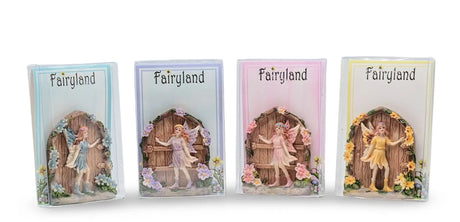
Peony essential oil, derived from the Paeonia suffruticosa plant, is recognized for its aromatic and therapeutic properties. This essential oil is increasingly utilized in aromatherapy due to its potential benefits for emotional and physical well-being. The extraction process typically involves steam distillation of the flowers, yielding a fragrant oil that is both soothing and uplifting.
In aromatherapy, peony essential oil is often associated with promoting relaxation and reducing stress. Studies suggest that inhaling the aroma can lead to a decrease in anxiety levels, potentially due to its calming effects on the nervous system. Furthermore, peony oil is believed to support emotional balance, making it a valuable addition to practices aimed at enhancing mental clarity and emotional stability.
From a physical health perspective, peony essential oil is noted for its anti-inflammatory and analgesic properties. Research indicates that the oil may assist in alleviating symptoms associated with muscle tension and joint discomfort. Additionally, its antioxidant properties contribute to overall skin health, making it a popular ingredient in cosmetic formulations aimed at promoting a youthful appearance.
Peony essential oil is also linked to various chakras, particularly the heart chakra (Anahata) and the crown chakra (Sahasrara). The heart chakra is associated with love, compassion, and emotional healing, while the crown chakra is linked to spiritual connection and enlightenment. Utilizing peony oil in conjunction with chakra balancing practices may enhance the flow of energy and promote a sense of harmony within the body.
When considering the use of peony essential oil, it is essential to address animal safety. While peony oil is generally regarded as safe for use in aromatherapy, it is crucial to ensure that it is used in appropriate dilutions and formulations when applied around pets. Consultation with a veterinarian is recommended to ascertain its safety for specific animal species.
Peony essential oil blends well with various other essential oils, enhancing its aromatic profile and therapeutic effects. Notable companions include lavender, bergamot, and sandalwood. These combinations can create a synergistic effect, amplifying the benefits of each oil while providing a more complex fragrance experience.
In summary, peony essential oil offers a range of potential benefits in aromatherapy and physical health. Its calming properties, association with specific chakras, and compatibility with other essential oils make it a versatile choice for those seeking to enhance their well-being through natural means.











